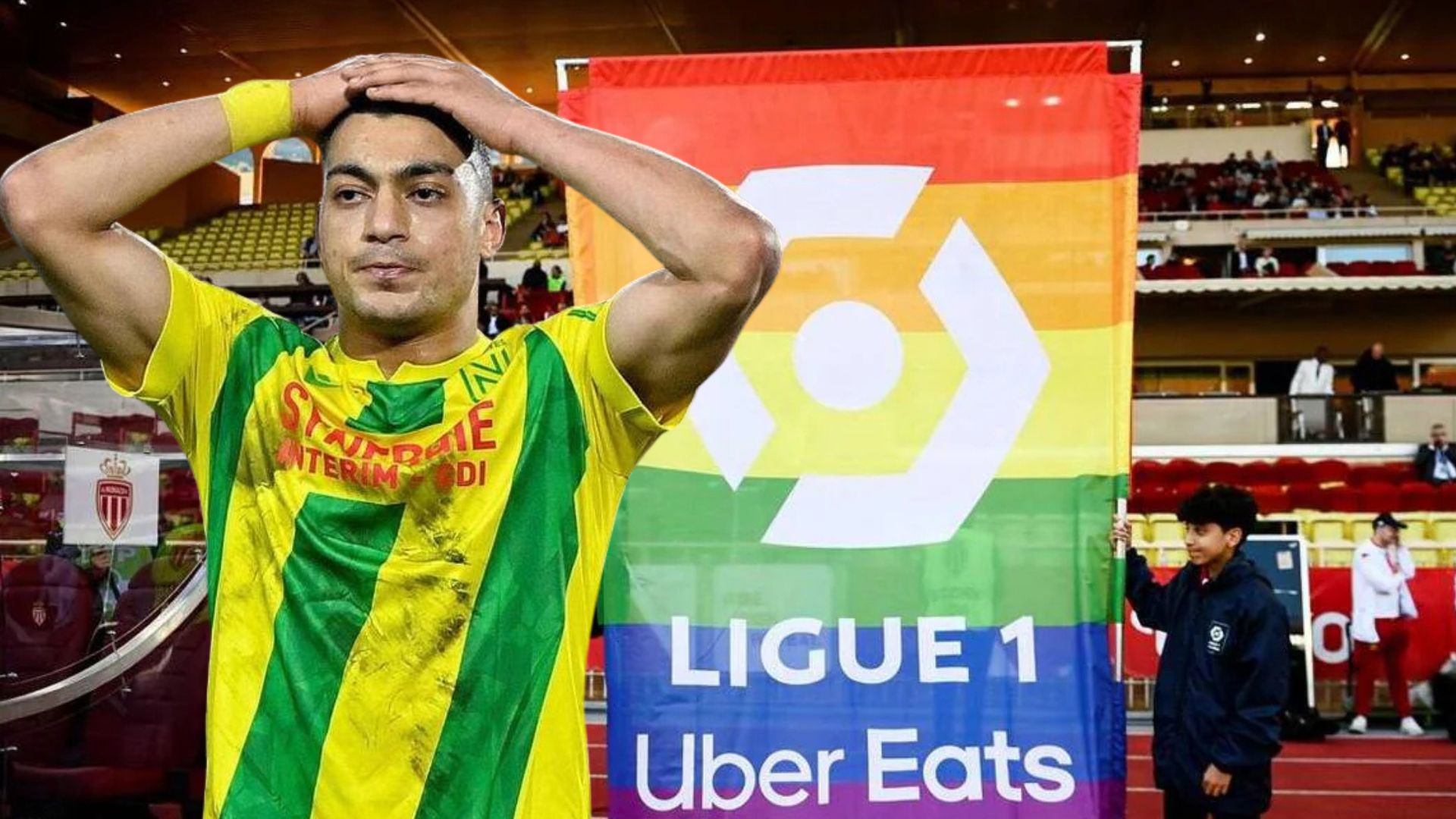
On May 14, 2025, Egyptian striker Mostafa Mohamed of FC Nantes once again chose not to participate in a Ligue 1 match organized as part of the International Day Against Homophobia, Biphobia, and Transphobia.
His decision, based on religious and cultural convictions, sparked a mix of reactions in the football world and beyond.
🗣️ A Personal Decision Rooted in Faith
In a statement posted on his social media accounts, Mostafa Mohamed explained his absence during the Nantes vs Montpellier match:
“I will not be participating in the Nantes-Montpellier match this Saturday.
I’m not comfortable speaking publicly, but today I feel the need to clarify my decision, without fueling any debate.”
He emphasized that his choice was not about rejection or judgment, but about remaining true to his beliefs:
“This choice is personal. It reflects neither rejection nor judgment—just loyalty to what shapes me.”
⚖️ Club Response and Consequences
FC Nantes announced that Mohamed would receive a fine for missing the match.
The fine is expected to be donated to an association fighting against LGBTQ+ discrimination (source).
This is not the first time the player has refused to participate in such initiatives.
In 2023, he also missed a match for similar reasons, citing threats he received from Egypt if he supported such campaigns (source).
🌍 Broader Debate: Personal Beliefs vs. Collective Causes
Mohamed’s decision reignites the broader conversation around reconciling personal beliefs with collective commitments in professional sports.
It raises important questions: How should clubs and leagues promote social causes while respecting the cultural and religious diversity of their players?
While some praise the player’s integrity for standing by his convictions, others argue that solidarity in anti-discrimination efforts requires collective participation to be truly impactful.
📌 Conclusion
Mostafa Mohamed’s stance highlights the complexities athletes face when navigating the line between personal faith and public responsibilities.
His case encourages deeper reflection on how the world of sport can remain inclusive—both for those it aims to support and those it employs.
- Tags:
- Football news
